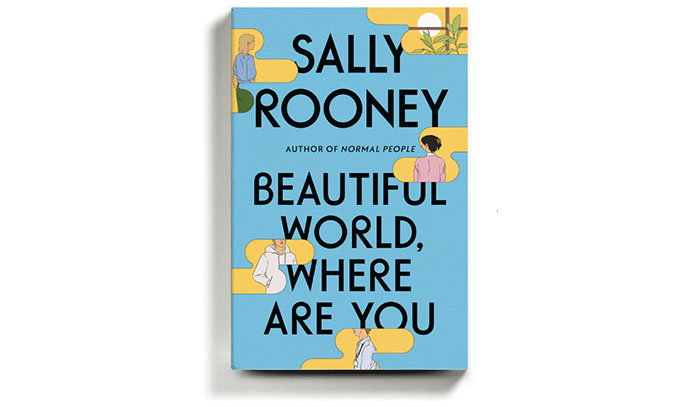Should translation be used as a weapon in “cultural boycotts”?
As a political gesture the prizewinning Irish novelist Sally Rooney recently refused to sell translation rights to her latest novel, Beautiful World, Where Are You to an Israeli-based publisher. She cites as her reason Israel being an apartheid state, responsible for crimes against and persecution of Palestinian people. Rooney takes inspiration from the Boycott, Divestment and Sanctions (BDS) movement which calls for a total boycott of Israeli products or investment in the country, and as she stated, “shows solidarity and support for equality, justice and freedom for the Palestinian people.”
By taking this decision, Rooney draws global media attention to the conflict between Israel and the Palestinians, presenting Israel as the perpetual wrong-doer and aggressor. A popular position to take in today’s world. The problem with this type of posturing, when considering that her previous books were translated into 46 languages (Hebrew included) is that she singles out Israel, the world’s only Jewish state, for her opprobrium. If Rooney is genuinely concerned about global injustices, should she not refuse to have her novels translated into Chinese given the country’s appalling human rights record, or Russian, considering its aggressions against its neighbor Ukraine? Should she allow her books to be published in Saudi Arabia in Arabic, where the government locks up or executes opponents, and where women’s rights are practically non-existent? These are but a few examples, and the list could go on.
By publishing any literary work in another language for consumption in different markets, you are making the work available to the people of those countries. This is not the same as endorsing the policies or actions of a given nation’s government. Singling out one country, i.e. Israel, through this gesture suggests that her motivations and purpose may lie elsewhere.
We believe that knowledge, entertainment and literature should be translated for as wide a possible global audience as possible, and for an author to politicize this area and cut readers off in such a way is misguided and wrong.



